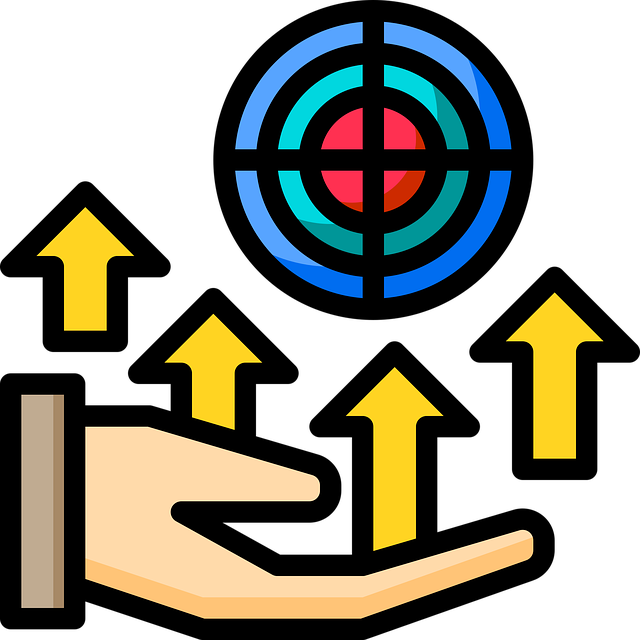AI-guided 3D obstacle courses in VR transform training by enhancing spatial awareness, problem-solving skills, and fine motor control for athletes and professionals alike. These dynamic environments, adjusted in real-time based on user performance, offer personalized, safe workouts that mimic real-world scenarios, fostering mental resilience and adaptability. This innovative technology revolutionizes fitness, rehabilitation, and sports training by optimizing mind-muscle coordination and cognitive functions through immersive virtual reality experiences.
“Explore how 3D environments are transforming mind-muscle coordination, a key aspect of cognitive development. This article delves into innovative training methods, particularly AI-guided obstacle courses, offering a novel approach to enhance physical and mental prowess. By leveraging virtual reality fitness, we uncover the benefits and future implications for personalized exercise routines guided by AI progression models. Discover how these immersive environments can revolutionize health and wellness.”
- The Role of 3D Environments in Cognitive Development
- AI-Guided Obstacle Courses: A Novel Approach to Mind-Muscle Coordination Training
- Benefits and Future Implications for Virtual Reality Fitness
The Role of 3D Environments in Cognitive Development

In the realm of cognitive development, 3D environments play a pivotal role in honing mind-muscle coordination. These immersive settings, often facilitated by AI obstacle course progression guidance systems, offer dynamic and complex challenges that require both physical and mental engagement. As individuals navigate through these three-dimensional spaces, they enhance their spatial awareness, problem-solving skills, and fine motor control simultaneously.
The integration of 3D environments in training regimens has proven particularly beneficial for various demographics, from athletes to professionals. AI-driven obstacle courses, designed with increasing complexity levels, encourage users to adapt and optimize their strategies, fostering a continuous learning curve. This interactive approach not only strengthens cognitive abilities but also promotes the development of mental resilience and adaptability, making individuals better equipped to handle unforeseen situations both physically and cognitively.
AI-Guided Obstacle Courses: A Novel Approach to Mind-Muscle Coordination Training

AI-Guided Obstacle Courses represent a novel and innovative approach to training mind-muscle coordination. By leveraging artificial intelligence, these courses can personalize and optimize the progression of physical challenges, catering to individual needs and abilities. AI algorithms analyze user performance data in real-time, adjusting the difficulty level accordingly to ensure a safe and effective workout. This dynamic guidance enhances engagement and motivation, as users are constantly pushed to improve without risking injury from overly challenging exercises.
In traditional training methods, obstacle courses often rely on static routes and fixed barriers, limiting customization. AI obstacle course progression guidance, however, allows for adaptive scenarios that mimic real-world environments. Users navigate through a virtual landscape where obstacles, such as walls or hurdles, adjust based on performance metrics like speed, agility, and balance. This not only strengthens physical capabilities but also improves cognitive functions by fostering mental maps of dynamic spaces. The result is a holistic improvement in mind-muscle coordination, setting the stage for enhanced athletic performance and better overall fitness.
Benefits and Future Implications for Virtual Reality Fitness

The integration of 3D environments in virtual reality (VR) fitness offers a myriad of benefits for users, particularly in enhancing mind-muscle coordination. This immersive experience allows individuals to engage in physical activities that closely mimic real-world scenarios, fostering better spatial awareness and cognitive processing. As users navigate through these digital landscapes, they improve their motor skills, reaction times, and overall balance—all while enjoying an entertaining and interactive workout routine.
Looking ahead, the potential for AI-driven obstacle course progression guidance in VR fitness is immense. Advanced algorithms can personalize training programs based on individual performance, adapting the complexity of exercises and providing real-time feedback to optimize learning outcomes. This technology promises to revolutionize home workouts, making them more effective and engaging, while also opening doors for innovative rehabilitation and sports training methodologies.
3D environments, particularly those facilitated by virtual reality (VR) and AI-guided obstacle courses, offer a revolutionary way to enhance mind-muscle coordination. The cognitive benefits discussed in this article highlight the potential of 3D spaces for improving brain function and physical performance. As technology advances, AI obstacle course progression guidance could become a popular and effective method for fitness enthusiasts and athletes alike, opening up new possibilities for virtual reality fitness and cognitive development.
